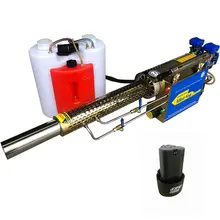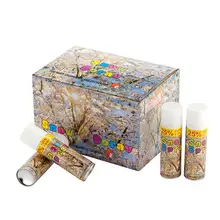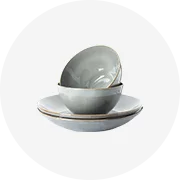Understanding Food Conservators
Food conservators are essential in extending the shelf life of perishable items, ensuring that food maintains its quality, flavor, and nutritional value over time. These devices come in various forms, from simple containers to sophisticated machinery, designed to cater to both commercial and domestic needs.
Types and Applications
The range of food storage solutions includes vacuum sealers, dehydration systems, and refrigerated containers. These are not only pivotal in households but also in industries like catering, food processing, and restaurants. The versatility of food preservation methods allows for a wide array of applications, from storing leftovers to managing bulk food supplies.
Features and Materials
Modern food conservators boast features such as multifunctionality and flexibility, accommodating various food types and preservation needs. Materials used in these products are chosen for durability and food safety, with many options featuring BPA-free plastics, stainless steel, and glass, which are conducive to maintaining food quality.
Advantages of Food Conservators
Utilizing food conservators offers numerous benefits, including reduced food waste, improved food management, and cost savings. By effectively slowing down the spoilage process, these products play a crucial role in sustainable food consumption practices.
Choosing the Right Food Conservator
Selecting the appropriate food conservator depends on individual needs. Whether for a festive occasion, back-to-school preparations, or travel, the right conservator can make food storage hassle-free. It's important to consider the intended use, whether in a kitchen setting or for on-the-go purposes, to ensure the chosen solution meets the user's requirements.
Environmental Impact and Sustainability
The environmental aspect of food conservators is increasingly significant. Many options now focus on eco-friendliness, either through energy-efficient designs or by using recyclable materials, contributing to a more sustainable approach to food preservation.







































 浙公网安备 33010002000092号
浙公网安备 33010002000092号 浙B2-20120091-4
浙B2-20120091-4